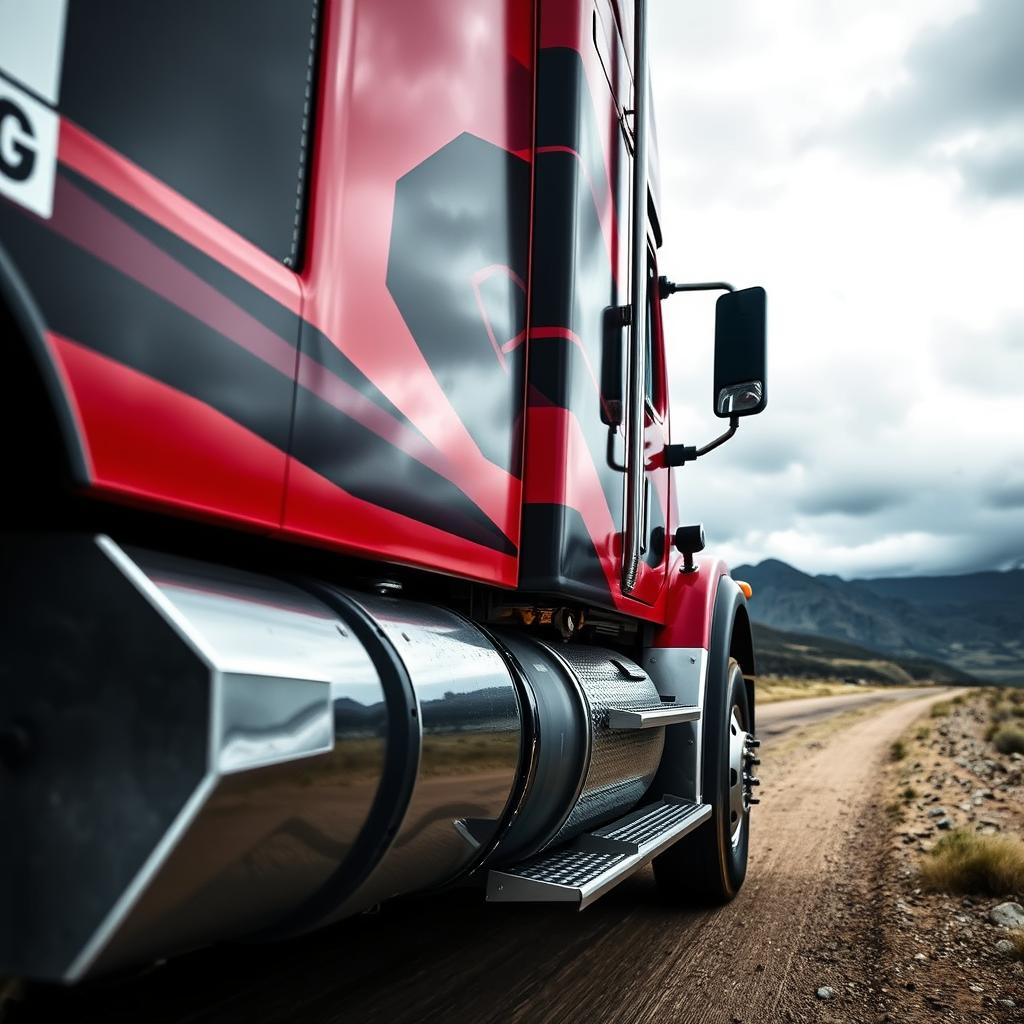Ultimate Trucking Liability Protection Guide
As a trucking company owner or operator, understanding and implementing proper trucking company liability protection is crucial for your business’s survival and success. With increasing risks on the road and evolving regulatory requirements, protecting your fleet and business assets has never been more important.
Understanding Trucking Liability Basics
Trucking liability encompasses various aspects of risk management and legal responsibilities that carriers must address. At its core, liability protection safeguards your business against financial losses resulting from accidents, cargo damage, or other incidents that could impact your operations.
Key components of trucking liability include:
- Property damage coverage
- Bodily injury protection
- Cargo insurance
- General liability coverage
- Workers’ compensation
According to the Federal Motor Carrier Safety Administration (FMCSA), commercial trucks must carry minimum liability coverage ranging from $750,000 to $5,000,000, depending on the cargo type and operation scope.
Essential Insurance Coverage Types
Primary Liability Insurance
Primary liability insurance is the foundation of your trucking company liability protection strategy. This coverage helps pay for damages your trucks cause to other people’s property and injuries to others in accidents where your driver is at fault.
Physical Damage Coverage
This protection covers damage to your own trucks from:
- Collisions
- Weather-related incidents
- Theft
- Vandalism
Cargo Insurance
Cargo insurance protects the goods you’re hauling. Standard coverage typically includes:
- Damage during transit
- Theft
- Fire damage
- Collision damage
Non-Trucking Liability Insurance
This coverage protects your trucks when they’re not being used for business purposes, filling gaps in your primary liability coverage.
Risk Management Strategies
Implementing comprehensive risk management strategies is essential for maintaining adequate trucking company liability protection.
Driver Safety Programs
Develop and maintain robust driver safety programs that include:
- Regular safety training sessions
- Defensive driving courses
- Hours of Service (HOS) compliance training
- Drug and alcohol testing programs
Vehicle Maintenance
Regular maintenance is crucial for preventing accidents and maintaining compliance:
- Implement preventive maintenance schedules
- Keep detailed maintenance records
- Conduct pre-trip and post-trip inspections
- Address repairs promptly
Technology Implementation
Modern technology can significantly reduce liability risks:
- Electronic Logging Devices (ELDs)
- Dashboard cameras
- GPS tracking systems
- Fleet management software
Legal Compliance and Documentation
Maintaining proper documentation and ensuring legal compliance is vital for protecting your business:
Required Documentation
- Operating authority documentation
- Insurance certificates
- Driver qualification files
- Maintenance records
- Accident reports
Regulatory Compliance
Stay current with:
- FMCSA regulations
- State-specific requirements
- DOT compliance standards
- Hours of Service rules
Additional Protection Measures
Umbrella Insurance
Consider additional coverage through umbrella insurance policies to protect against catastrophic losses exceeding standard policy limits.
Environmental Liability Coverage
This specialized coverage protects against:
- Hazardous material spills
- Environmental cleanup costs
- Third-party bodily injury claims
- Property damage from pollution
Cybersecurity Protection
Modern trucking operations require digital security measures:
- Data breach protection
- Cyber liability insurance
- Electronic equipment coverage
- System security protocols
Building a Comprehensive Protection Plan
Creating an effective liability protection strategy requires:
Risk Assessment
- Evaluate current operations
- Identify potential risks
- Analyze coverage needs
- Review existing policies
Policy Review and Updates
- Regular policy audits
- Coverage gap analysis
- Premium optimization
- Policy consolidation opportunities
Professional Partnerships
Work with:
- Insurance specialists
- Legal advisors
- Safety consultants
- Risk management experts
Conclusion
Protecting your trucking operation requires a multi-faceted approach to liability management. From maintaining proper insurance coverage to implementing comprehensive safety programs, every aspect of protection plays a crucial role in your business’s long-term success.
Don’t leave your business vulnerable to potential risks and financial losses. Contact our team of experienced trucking insurance specialists today to review your current coverage and develop a customized liability protection plan that meets your specific needs. Our experts will help ensure your business has the comprehensive protection it needs to thrive in today’s challenging transportation environment.
Take the first step toward better protection – reach out now for a free consultation and detailed coverage analysis. Your business’s future security is worth the investment in proper liability protection.







